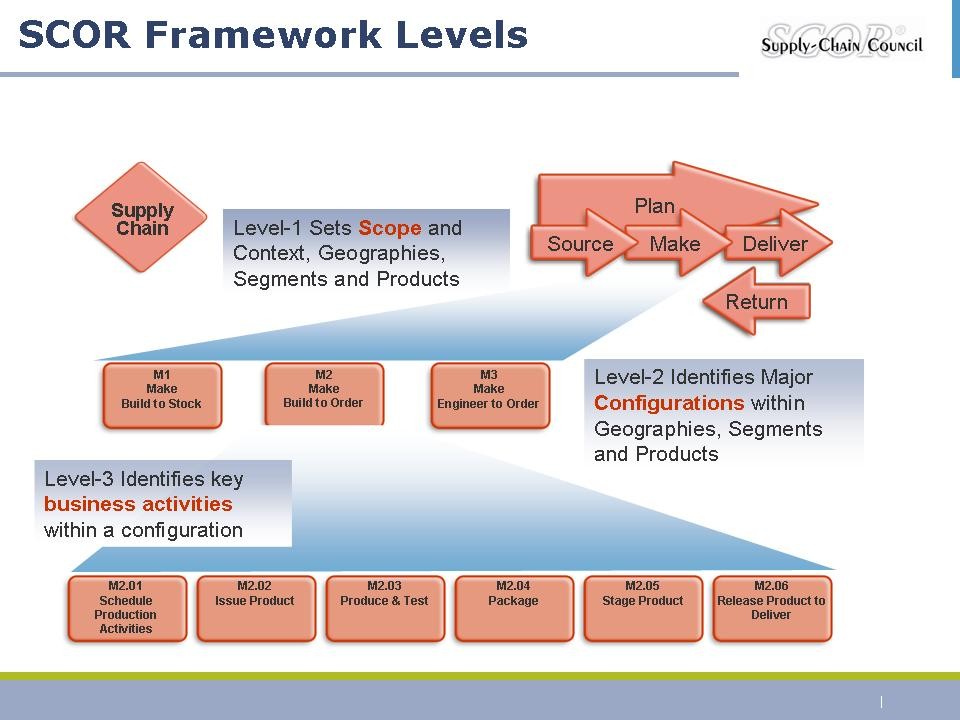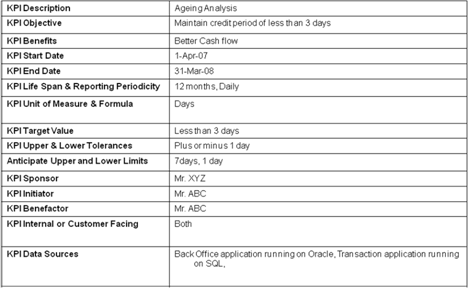Marketing performance measurement and management Wikipedia the free encyclopedia
Post on: 16 Март, 2015 No Comment

Marketing performance measurement and management (MPM ) is a term used by marketing professionals to describe the analysis and improvement of the efficiency and effectiveness of marketing. [ 1 ] This is accomplished by focus on the alignment of marketing activities, strategies, and metrics with business goals. [ 2 ] It involves the creation of a metrics framework to monitor marketing performance. and then develop and utilize marketing dashboards to manage marketing performance. [ 3 ] [ 3 ] [ 4 ] [ 5 ]
Data and analytics [ edit ]
Market-mix models
One of the core methodologies to measure marketing effectiveness is the collection of appropriate data. [ 3 ] The gathering of right types of data, and its accuracy, is crucial in measuring the marketing performance. Agreement between the marketing department and the senior management is important in selecting appropriate data to be collected. [ 1 ] [ 7 ]

While data collection is relatively simple, a thorough analysis to make sense of collected data is critical. By thoroughly analyzing the data, organizations can gather actionable business insights to improve the marketing effectiveness and marketing efficiency. For example, organizations can use the analytics to drive the marketing return on investment. and make faster and better business decisions. [ 5 ]
One common use of these analytics is optimizing marketing spending by using market mix models —models that measure the impact of marketing activities, competitive effects, and market environment on sales of a product. The consumer packaged goods (CPG) industry extensively uses this method, and it is now being adopted elsewhere. For example, in Financial Services, Marketing Mix Modeling projects and tools will collect all marketing spend into a single database, and analyze spend’s effects on acquisition of new customers, retention, average customer value, up-sell of additional services, and so on. These models use data to create a model that establishes the link between spend in various channels, geographies and so on with incremental sales. The concepts and tools of these Marketing Mix Models date back over 30 years — but more sophisticated techniques developed in the 1990s/2000s by such agencies as ATG, MindShare, Edge, and Brand Science, coupled with the explosion in the quantity and availability of marketing data, have brought MMM into the mainstream. With the increased usage of the Internet. social networking sites. mobile advertising, and text messaging, interest in them is increasing. [ 5 ]














